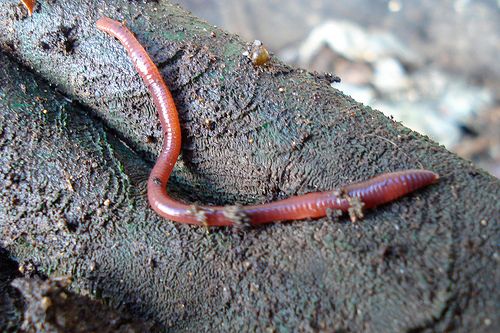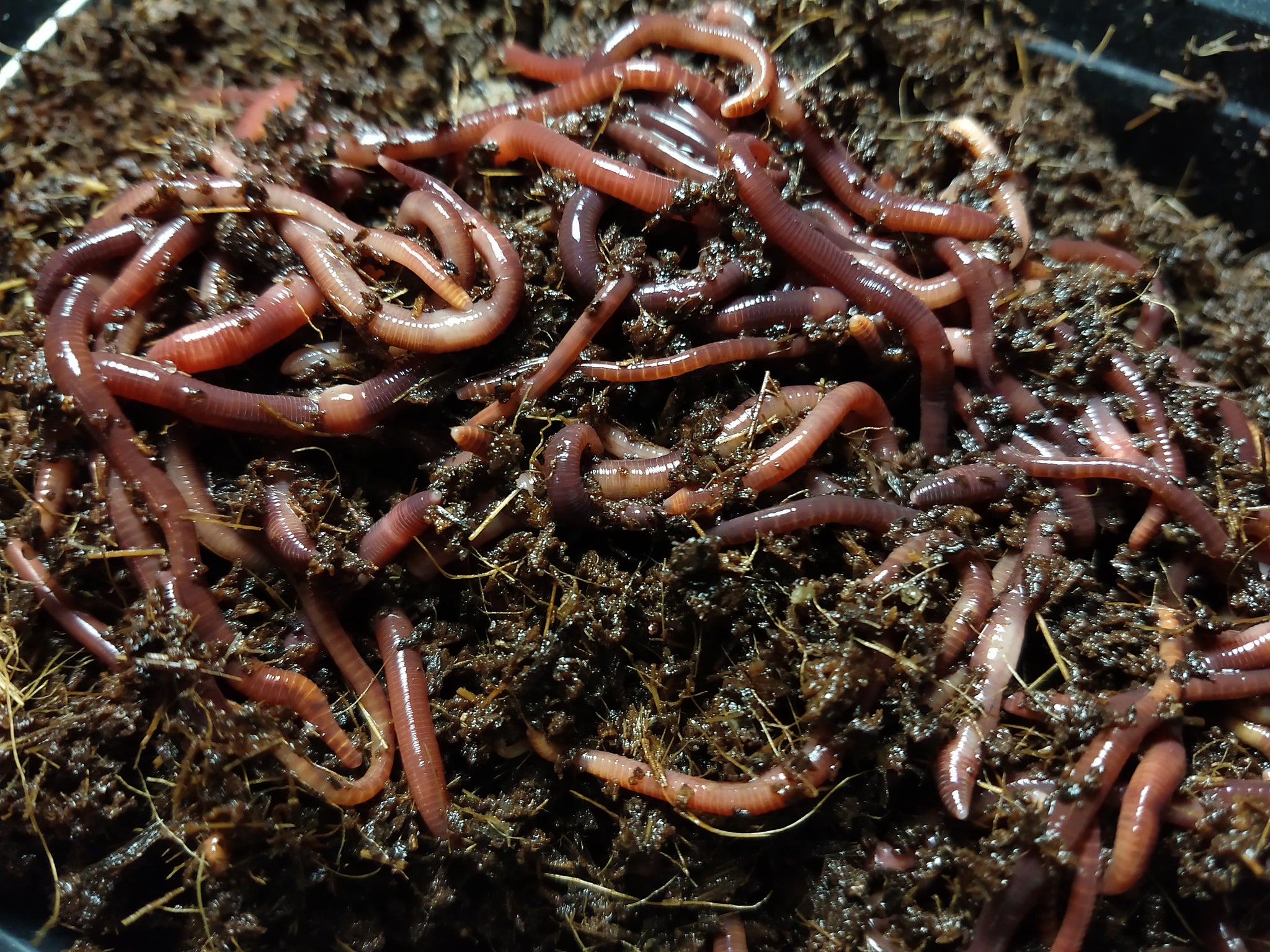Enhance Your Lawn Care Routine with Reliable Lake Hickory Bait Products
Enhance Your Lawn Care Routine with Reliable Lake Hickory Bait Products
Blog Article
The Unbelievable World of Red Wigglers: Boost Your Dirt Fertility Today
These little yet reliable microorganisms transform organic waste right into useful worm spreadings, substantially enhancing dirt health and advertising sustainable practices. As we discover the benefits of vermicomposting and the sensible steps to develop a reliable worm container, the prospective influence of these worms on your horticulture success comes to be increasingly apparent.
Understanding Red Wigglers
Red wigglers, clinically recognized as Eisenia fetida, are a types of earthworm that play an essential role in enhancing dirt fertility. These worms thrive in organic-rich settings, such as compost heap and decomposing plant product, where they consume organic waste and secrete nutrient-dense spreadings. Their distinct anatomy, featuring a segmented body and a clitellum, permits them to reproduce rapidly and efficiently procedure large quantities of natural issue.

The eco-friendly relevance of red wigglers expands past mere waste handling; they add to the dirt food web, promoting a varied community of microbes that even more improve dirt health. Comprehending the biology and habits of red wigglers is necessary for harnessing their full capacity in lasting agriculture and horticulture techniques.
Advantages of Vermicomposting
(Red Wiggler Express)Utilizing the power of red wigglers with vermicomposting offers countless benefits that substantially boost dirt wellness and fertility. Among the key advantages is the manufacturing of nutrient-rich worm castings, which are an exceptional all-natural plant food. Red Wiggler Express. These spreadings include essential nutrients like nitrogen, phosphorus, and potassium, promoting durable plant growth and boosting crop returns
In addition, vermicomposting improves dirt structure and oygenation. The presence of worm castings enhances dirt appearance, allowing for much better water retention and drainage. This balanced wetness degree is crucial for root advancement and the total health of plants. Red wigglers aid break down organic matter, speeding up disintegration and reusing nutrients back right into the dirt.
Vermicomposting additionally cultivates microbial activity, which is essential for a healthy and balanced soil ecological community. Beneficial bacteria grow in the presence of worm spreadings, assisting in the breakdown of natural products and boosting vitamins and mineral schedule to plants.
Last but not least, vermicomposting acts as a reliable waste monitoring option, lowering landfill waste by reusing cooking area scraps and other natural products. This not just adds to ecological sustainability but likewise advertises a round economic situation within gardening and agriculture.
Just How to Establish Up a Worm Bin
Setting up a worm container is a straightforward procedure that can considerably boost your composting efforts. Begin by selecting a proper container, which can vary from a readily offered worm container to a simple plastic or wood box (Red Wiggler Express). Ensure the container has appropriate air flow; small openings in the lid and sides will certainly help with air circulation
Following, produce a bedding layer to supply a comfortable environment for the red wigglers. This can be made from shredded newspaper, cardboard, or coconut coir, dampened to a damp, sponge-like uniformity. Fill the container to about one-third full with this bed linen material.
Once the bed linen is prepared, it's time to introduce the worms. Red wigglers prosper in organic waste, so area them carefully onto the bedding. Cover the worms with a light layer of extra bedding to assist them adjust.
Feeding Your Red Wigglers
Giving the appropriate food for your red wigglers is crucial for their health and the effectiveness of your composting system. Red wigglers thrive on a different diet, mainly including organic products such as vegetables and fruit scraps, coffee premises, and shredded paper. These products not only supply important nutrients yet likewise add to the microbial task in the worm bin, which is vital for the worms' digestion.
It is necessary to avoid certain foods, such as milk products, oils, and meats, as these can bring in pests and create undesirable smells. Additionally, citrus peels and excessively zesty foods should be limited due to their possible to damage the worms. A balanced method to feeding includes keeping track of the quantity of food introduced to the container, ensuring that it is consumed within a practical time structure to prevent excess waste accumulation.
To promote ideal food digestion, it is beneficial to chop or shred larger food items before including them to the bin. This practice enhances the surface area for microbial action, assisting in quicker decay and improving the total performance of your composting system. Routinely observing the worms' feeding practices will assist you change their diet as Red Wiggler Express essential.
Using Worm Spreadings in Your Yard

(Red Wiggler Express)Including worm spreadings into your garden can be completed by blending them into the soil or using them as a top clothing. The slow-release nature of these spreadings guarantees that nutrients are available to plants over an extended duration, minimizing the need for synthetic plant foods. Furthermore, worm castings have helpful microorganisms that promote healthy dirt communities, boosting the general resilience of your yard.
To optimize the benefits, aim to use roughly one component worm castings to 3 parts soil in your growing beds. Routine applications can lead to enhanced plant yields and much healthier plants, making worm castings a vital resource for both amateur and skilled garden enthusiasts alike. By utilizing this all-natural amendment, you can grow a successful garden while adding to lasting gardening techniques.
Conclusion
In final thought, red wigglers exhibit the vital role of vermicomposting in improving soil fertility. Their capability to transform organic waste into nutrient-rich castings substantially improves dirt framework and sustains microbial variety.
Report this page